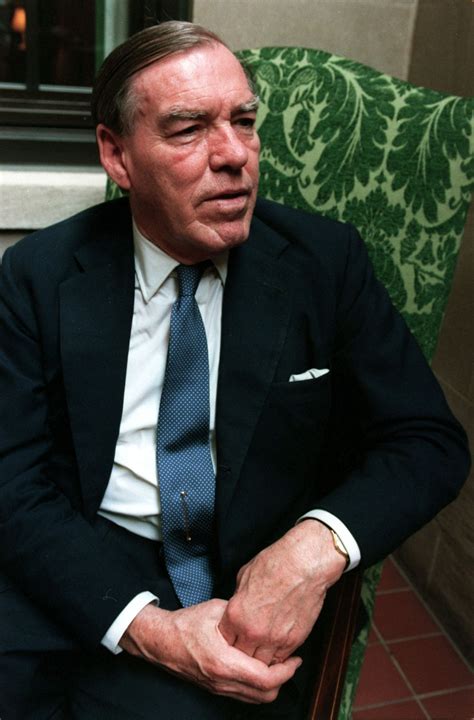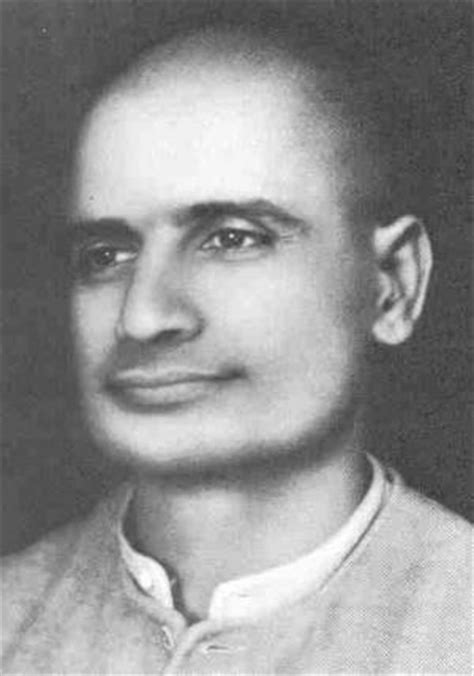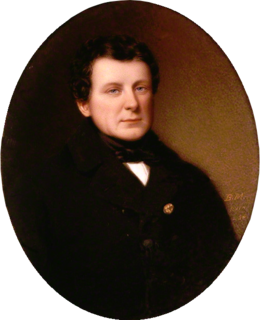A Quote by William Faulkner
Because no battle is ever won he said. They are not even fought. The field only reveals to man his own folly and despair, and victory is an illusion of philosophers and fools.
Related Quotes
...I give you the mausoleum of all hope and desire...I give it to you not that you may remember time, but that you might forget it now and then for a moment and not spend all of your breath trying to conquer it. Because no battle is ever won he said. They are not even fought. The field only reveals to man his own folly and despair, and victory is an illusion of philosophers and fools.
Even if a king defeats his enemy in battle, that still doesn't settle anything. There are other, less numerous armies of philosophers and scientists, and their contests determine the true triumph or defeat of nations.
One scholar is matched with another; one creative mind with another; and one judicious temperament with his counterpart. A victory won on that field counts for three won by force of arms.
Every day His servants are dying modestly and peacefully--not a word of victory on their lips; but Christ's deep triumph in their hearts--watching the slow progress of their own decay, and yet so far emancipated from personal anxiety that they are still able to think and plan for others, not knowing that they are doing any great thing. They die, and the world hears nothing of them; and yet theirs was the completest victory. They came to the battle field, the field to which they had been looking forward all their lives, and the enemy was not to be found. There was no foe to fight with.
The rabbis, the Jewish religious people, the priests of the temple of Jerusalem, they were learned fools. They could not tolerate Jesus. The learned fools are always disturbed by the blessed fools. They had to murder him because his very presence was uncomfortable; his very presence was such a pinnacle of peace, love, compassion and light, that all the learned fools became aware that their whole being was at stake. If this man lived then they were fools, and the only way to get rid of this man was to destroy him so they could. again become the learned people of the race.
The general who wins a battle makes many calculations in his temple ere the battle is fought. The general who loses a battle makes but few calculations beforehand. Thus do many calculations lead to victory, and few calculations to defeat: how much more no calculation at all! It is by attention to this point that I can foresee who is likely to win or lose.
Ah! but the moods lie in his nature, my boy, just as much as his reflections did, and more. A man can never do anything at variance with his own nature. He carries within him the germ of his most exceptional action; and if we wise people make eminent fools of ourselves on any particular occasion, we must endure the legitimate conclusion that we carry a few grains of folly to our ounce of wisdom.




































